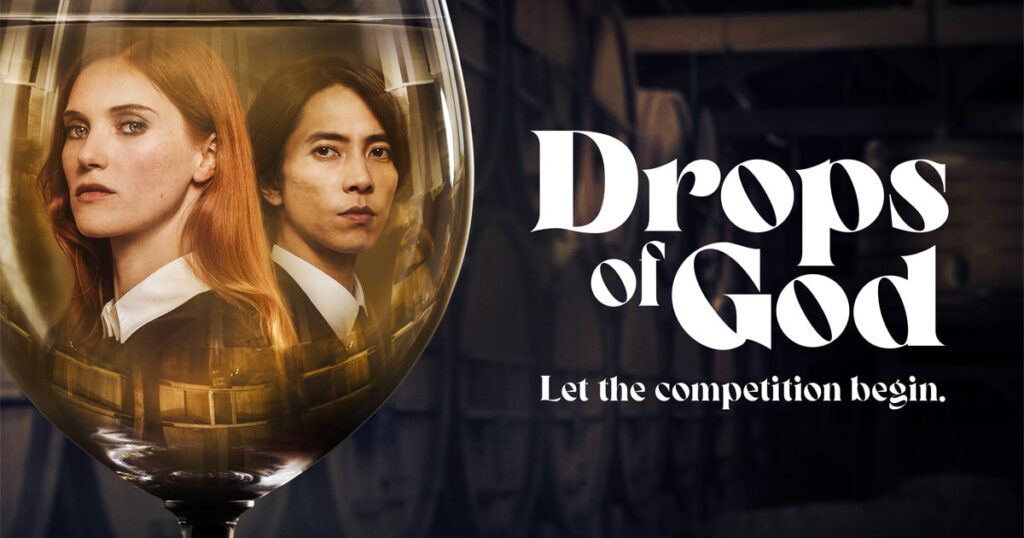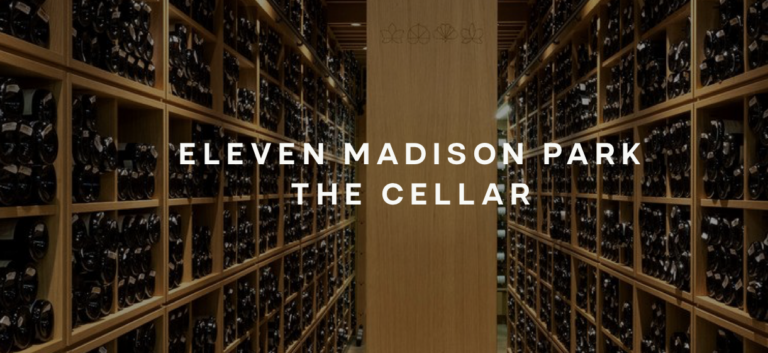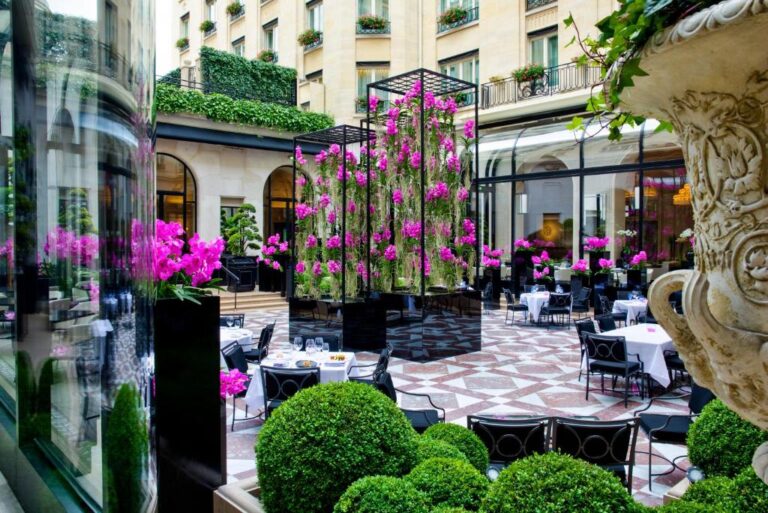In a tale of unexpected twists, a woman stumbles upon the world’s most magnificent wine collection, an inheritance left by her estranged father. [read the full champagne story]
Estimated reading time: 5 minutes

The discovery sets the stage for a riveting competition as she finds herself pitted against her father’s protege, both vying to lay claim to the remarkable legacy that awaits in the cellars. As the corks pop and the rich aromas of aged wines fill the air, the battle for this vinous treasure unfolds, revealing buried secrets, complex relationships, and the intoxicating power of a heritage steeped in every uncorked bottle.
Who will win 87,000 bottles of wine? ‘Drops of God’ is the ultimate taste test.
If you’re searching for a narrative that effortlessly captivates audiences, few choices are as compelling as a contest. Whether it’s the resilience of Rocky, the harmonies of Pitch Perfect, or the intensity of Squid Game, these stories inherently bring forth suspense and drama, prompting the universal question: “Who will emerge victorious?”

This very question is elegantly bottled in “Drops of God,” a delightful new Apple TV+ mini-series set in the world of upscale wine, with its connoisseur vintages, lofty snobberies, and undertones of business intrigue. Derived from a popular Japanese manga, this French-produced series takes substantial creative liberties, condensing the original’s 44 volumes into eight episodes that remarkably conclude the tale.
Notably, the lead character undergoes a transformation from a Japanese man to a French woman.
The storyline unfolds with the demise of Alexandre Léger, a formidable French wine critic based in Tokyo. In his wake, he bequeaths an 87,000-bottle cellar valued at nearly $150 million and a particularly cunning will. To determine the rightful heir to his estate, Léger devises three nearly insurmountable tests, ranging from identifying obscure vintages to deciphering clues hidden in a painting.
The contenders are the two individuals he seemingly cared for the most. The first is his estranged daughter, Camille, portrayed by Fleur Geffrier, whose palate Alexandre meticulously trained during her childhood, leading her to develop a disdain for wine. The second is his protégé, Issei Tomine — portrayed by Tomohisa Yamashita — a composed and self-assured young man from an aristocratic family that disapproves of his interest in wine.
While Issei approaches wine with analytical precision, the emotionally driven Camille possesses limited knowledge about wine but boasts a palate so discerning that she earns the moniker “the Mozart of wine” during the competition. Her tasting experiences transport her into a surreal realm akin to Anya Taylor-Joy’s chess prodigy in “The Queen’s Gambit.”
Immersed in paparazzi attention, this high-stakes competition takes the participants from sleek Tokyo mansions to picturesque French vineyards and ancient Italian cities. It also delves into their pasts, compelling both Camille and Issei to confront painful family histories that reshape their perceptions of themselves and their futures. Amidst encountering new romantic possibilities, the show leverages Camille’s wine ignorance to showcase the charms and rituals of the world of wine.

“Drops of God” is a polished drama, exuding opulence with its expensive production, lush cinematography, and adept performances, even though Camille and Issei occasionally embody cultural clichés. In contrast to the original manga’s delightful quirkiness, penned by the sibling duo Shin and Yuko Kibayashi, this French adaptation adopts a more serious tone. Recognizing wine’s integral role in France’s national identity, the series occasionally elevates the portrayal of wine to a quasi-sacramental level. Seeking to transcend accusations of wine-porn voyeurism, the show emphasizes that the true essence of wine lies not in its prestigious labels but in its ability to forge connections among people. Yet, a mere few minutes after this assertion, the series uncorks a bottle with a price tag of $600.
Adapting a story from one culture to another is always a delicate endeavor. What makes “Drops of God” intriguing is observing how the series navigates the challenge of ensuring the contest produces a winner. If Camille emerges victorious, the show risks appropriating a manga centered on two Japanese contestants and transforming it into a narrative proclaiming France’s unparalleled supremacy in the realm of wine. Conversely, if Issei wins, the series faces the potential backlash of insinuating that a Japanese wine expert surpasses a French counterpart possessing the intuitive brilliance of a Mozart. It’s a delicate balancing act.
As the series delves deeper, a lawyer overseeing the will aptly remarks that such battles seldom end well for either the loser or the winner, declaring, “Legacy is a tragedy.” In the slightly hokey final episode, viewers not only discover whether the lawyer’s words ring true but also unravel the ultimate question that has lingered throughout: Who ultimately walks away with the coveted wine?








